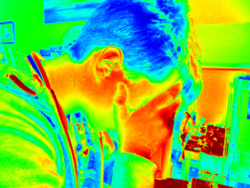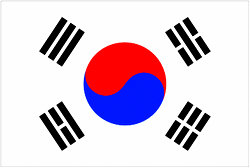 Whatever the pain, acupuncture is a gentle and safe treatment approach. It has been shown to be more effective than control for all pain conditions covered in a large review . It is not a placebo treatment for chronic pain. Its effects persist over time, showing only a 15% reduction one year after treatment.
Whatever the pain, acupuncture is a gentle and safe treatment approach. It has been shown to be more effective than control for all pain conditions covered in a large review . It is not a placebo treatment for chronic pain. Its effects persist over time, showing only a 15% reduction one year after treatment.
The latest 2021 NICE guideline on treatment of chronic pain, recommends acupuncture, exercise or psychological therapies. By contrast, paracetamol, non-steroidal anti-inflammatories and opioids, are not recommended.
Acupuncture may also help with any consequences of your pain such as disturbed sleep, depression or loss of appetite.
Pain is our body’s alarm signal, so its cause should always be investigated. It can vary in nature from the dull ache of an arthritic hip, to the almost intolerable electric shocks of trigeminal neuralgia. Tolerance varies between individuals, but is lower if we are tired, stressed or without other distractions. Some forms are responsive to simple painkillers, whilst others demand stronger, prescription-only drugs, the side-effects of which can be troublesome.
Below you will find a wide range of research into acupuncture for pain. The trials vary in quality, but systematic reviews and randomised controlled trials are generally considered to provide the highest quality evidence. If you would like to read more about evidence quality, I would refer you to the British Acupuncture Council’s description of the evidence pyramid.
The studies cover chronic pain from a variety of causes, plus pain relief in hospital A&E, ICU and post-operative settings. There is also peripheral neuropathy, trigeminal neuralgia, phantom limb pain, studies with military veterans, and a look at how acupuncture could be part of the solution to dependence on opioid drugs. Pain from shingles, multiple sclerosis and cancer are covered, as is dental pain. Note that some specific types of pain eg neck or back pain, come under their own headings elsewhere.
Please feel free to call me to discuss your situation.




 Acupuncture for trigeminal neuralgia appears to have better analgesic potential than the drug carbamazepine, according to Korean authors of a systematic review. They examined data from 30 randomised controlled trials covering nearly 2300 patients. Compared with the drug, acupuncture was associated with improved pain scores, better response rates, lower frequency of attacks and fewer adverse effects.
Acupuncture for trigeminal neuralgia appears to have better analgesic potential than the drug carbamazepine, according to Korean authors of a systematic review. They examined data from 30 randomised controlled trials covering nearly 2300 patients. Compared with the drug, acupuncture was associated with improved pain scores, better response rates, lower frequency of attacks and fewer adverse effects.